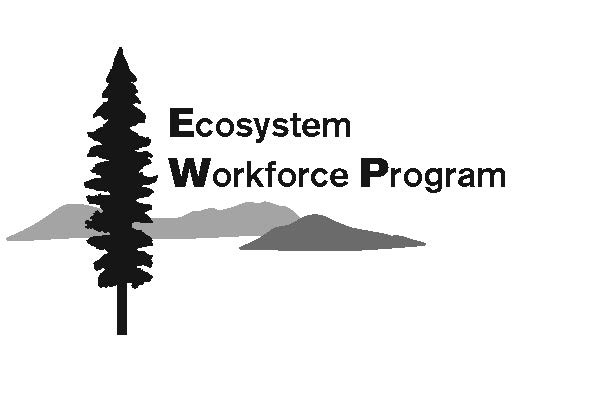REVIEW: Searching for resilience: addressing the impacts of changing disturbance regimes on forest ecosystem services
| Title | REVIEW: Searching for resilience: addressing the impacts of changing disturbance regimes on forest ecosystem services |
| Publication Type | Journal Article |
| Year of Publication | 2016 |
| Authors | Seidl, R |
| Secondary Authors | Spies, TA |
| Tertiary Authors | Peterson, DL, Stephens, SL, Hicke, JA |
| Journal | Journal of Applied Ecology |
| Volume | 53 |
| Start Page | 120 |
| Issue | 1 |
| Keywords | climate change and fire, natural range of variability, resilience, technical reports and journal articles |
| Abstract | The provisioning of ecosystem services to society is increasingly under pressure from global change. Changing disturbance regimes are of particular concern in this context due to their high potential impact on ecosystem structure, function and composition. Resilience-based stewardship is advocated to address these changes in ecosystem management, but its operational implementation has remained challenging. We review observed and expected changes in disturbance regimes and their potential impacts on provisioning, regulating, cultural and supporting ecosystem services, concentrating on temperate and boreal forests. Subsequently, we focus on resilience as a powerful concept to quantify and address these changes and their impacts, and present an approach towards its operational application using established methods from disturbance ecology. We suggest using the range of variability concept - characterizing and bounding the long-term behaviour of ecosystems - to locate and delineate the basins of attraction of a system. System recovery in relation to its range of variability can be used to measure resilience of ecosystems, allowing inferences on both engineering resilience (recovery rate) and monitoring for regime shifts (directionality of recovery trajectory). It is important to consider the dynamic nature of these properties in ecosystem analysis and management decision-making, as both disturbance processes and mechanisms of resilience will be subject to changes in the future. Furthermore, because ecosystem services are at the interface between natural and human systems, the social dimension of resilience (social adaptive capacity and range of variability) requires consideration in responding to changing disturbance regimes in forests. Synthesis and applications. Based on examples from temperate and boreal forests we synthesize principles and pathways for fostering resilience to changing disturbance regimes in ecosystem management. We conclude that future work should focus on testing and implementing these pathways in different contexts to make ecosystem services provisioning more robust to changing disturbance regimes and advance our understanding of how to cope with change and uncertainty in ecosystem management. |
| DOI | 10.1111/1365-2664.12511 |




